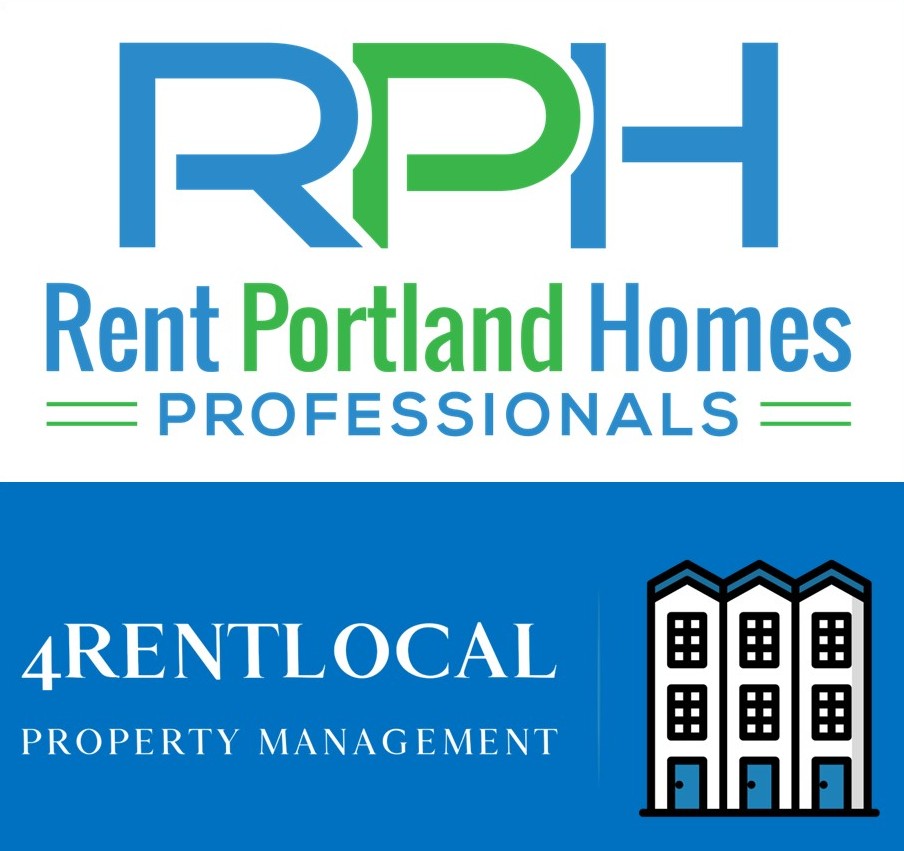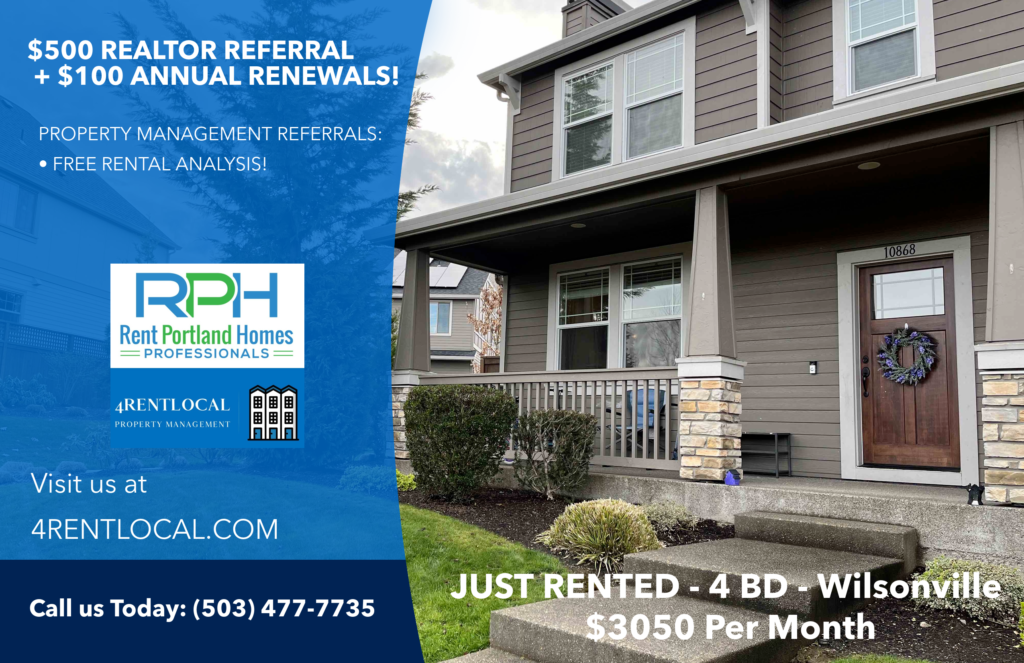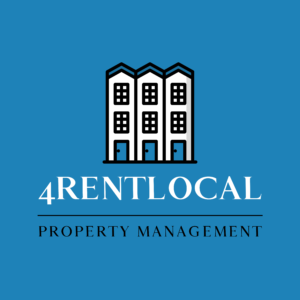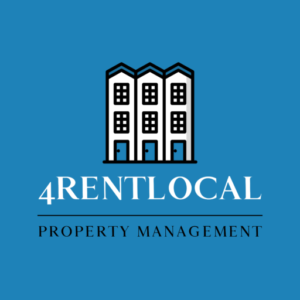Unlocking Your Property’s Potential: The Benefits of Outsourcing Rental Property Maintenance
As a property owner, it is crucial to recognize the significance of rental property maintenance. Proper maintenance not only ensures the longevity and value of your investment property but also enhances tenant satisfaction and retention. Neglecting maintenance can lead to costly repairs, decreased property value, and tenant dissatisfaction.
Routine maintenance tasks include, but are not limited to, regular inspections, landscaping, plumbing repairs, electrical work, and general upkeep. These tasks can be time-consuming and require a certain level of expertise. By investing in regular maintenance, you can prevent small issues from escalating into major problems and save yourself from unnecessary stress and expenses in the long run.

The challenges of managing rental property maintenance
Managing rental property maintenance can be a daunting task, especially if you own multiple properties or have a busy schedule. It often involves coordinating with various contractors, conducting inspections, and ensuring that repairs are completed in a timely manner. Moreover, staying up to date with local regulations and building codes adds another layer of complexity to the process.
Additionally, unexpected maintenance emergencies can arise at any time, requiring immediate attention. These emergencies can disrupt your personal life and cause inconvenience to your tenants. Handling maintenance issues yourself can be overwhelming and may not be the best use of your time and resources.
Benefits of outsourcing rental property maintenance
Outsourcing rental property maintenance has numerous benefits that can alleviate the challenges faced by property owners. By entrusting these responsibilities to a professional Oregon property management company, you can save time, reduce stress, and ensure that your investment property is well-maintained.
1. Time and convenience
Outsourcing maintenance tasks frees up your time and allows you to focus on other aspects of property management or your personal life. A property management company will handle all the necessary coordination with contractors, inspections, and scheduling. They have established relationships with trusted professionals, ensuring that repairs are done efficiently and cost-effectively. This convenience allows you to have peace of mind knowing that your property is in capable hands.
2. Expertise and knowledge
Property management companies have extensive experience in rental property maintenance. They are familiar with local regulations and building codes, ensuring that all repairs and maintenance are carried out in compliance with the law. These professionals have a network of skilled contractors and service providers who can promptly address any issues that arise. Their expertise ensures that maintenance tasks are performed to a high standard, protecting the value and integrity of your investment property.
3. Cost savings
Contrary to popular belief, outsourcing rental property maintenance can actually save you money in the long run. Property management companies have the knowledge and experience to identify maintenance issues early on, preventing them from becoming more serious and expensive problems. Additionally, their established relationships with contractors often result in discounted rates, saving you money on repairs and services. By investing in regular maintenance, you can avoid costly repairs and preserve the value of your property.
Finding the right property management company in Beaverton
When considering outsourcing rental property maintenance, it is essential to find the right property management company for your specific needs. In Beaverton, there are several reputable companies that specialize in property management and maintenance services.
When evaluating potential Oregon property management companies, consider their experience, reputation, and range of services offered. Look for companies that have a solid track record in rental property maintenance and positive reviews from satisfied clients. It is also important to assess their responsiveness and communication style, as prompt communication is crucial in addressing maintenance issues.

The advantages of working with a professional property manager in Portland
If you own rental property in Portland, working with a professional property manager can provide numerous advantages beyond maintenance services. A property manager can handle various aspects of property management, including tenant screening, rent collection, lease agreements, and legal compliance. This comprehensive approach ensures that your property is managed efficiently and effectively.
By working with a property manager, you can benefit from their local market knowledge and expertise. They can help you determine the optimal rental price for your property, attract qualified tenants, and ensure that your investment remains profitable. Additionally, a property manager can handle the day-to-day responsibilities, allowing you to enjoy the financial benefits of owning rental property without the associated stress and time commitment.
Services offered by property management companies
Property management companies offer a wide range of services to meet the diverse needs of property owners. These services can be customized based on your specific requirements and may include:
- Marketing and advertising your property to attract tenants
- Tenant screening and selection processes
- Lease agreement preparation and enforcement
- Rent collection and financial management
- Regular property inspections and maintenance coordination
- Handling tenant inquiries and emergency maintenance calls
- Eviction processes, if necessary
- Legal compliance and staying up to date with changing regulations
By outsourcing these responsibilities, you can benefit from the expertise and efficiency of property management professionals while focusing on other aspects of your life or expanding your investment portfolio.

Case studies: Success stories of property owners who outsourced maintenance
Many property owners have experienced success and peace of mind by outsourcing rental property maintenance. Let’s explore a couple of case studies showcasing the positive impact of working with a property management company.
Case Study 1: John’s Investment Property
John owns multiple investment properties and was struggling to keep up with the maintenance demands of his portfolio. He decided to partner with a property management company that specialized in rental property maintenance. The property management company conducted regular inspections, identified maintenance issues, and promptly coordinated repairs. As a result, John’s properties remained in excellent condition, and he was able to attract and retain high-quality tenants. The property management company’s expertise and network of contractors saved John time and money, allowing him to focus on growing his real estate portfolio.
Case Study 2: Sarah’s Rental Home
Sarah had recently moved to another city but wanted to keep her rental property in Portland. She was concerned about managing maintenance from a distance and maintaining tenant satisfaction. Sarah hired a property manager who took care of all maintenance responsibilities. The property manager conducted regular inspections, promptly addressed maintenance requests, and ensured that repairs were completed to a high standard. Sarah no longer had to worry about coordinating repairs or dealing with emergencies. By outsourcing maintenance, she was able to provide a well-maintained property for her tenants and enjoy a hassle-free rental experience.
Common misconceptions about outsourcing rental property maintenance
There are common misconceptions that prevent some property owners from outsourcing rental property maintenance. Let’s address these misconceptions and provide clarity on the benefits of outsourcing.
Misconception 1: Outsourcing is expensive
While there may be costs associated with outsourcing rental property maintenance, it is essential to consider the long-term savings and benefits. By investing in regular maintenance, you can prevent major repairs and preserve the value of your property. Additionally, property management companies often have discounted rates with contractors, resulting in cost savings. When evaluating the costs, consider the time and stress you save by entrusting maintenance tasks to professionals.
Misconception 2: I will lose control over my property
Outsourcing maintenance does not mean losing control over your property. On the contrary, working with a property management company allows you to maintain oversight while benefiting from professional expertise. You can customize the services provided based on your preferences and remain involved in decision-making. Property managers value your input and work collaboratively to ensure that your property is well-maintained and meets your expectations.
Misconception 3: I can handle maintenance myself
As a property owner, you may have the skills and knowledge to handle basic maintenance tasks. However, managing rental property maintenance involves more than just fixing occasional issues. It requires regular inspections, coordinating with contractors, and staying up to date with regulations. By outsourcing maintenance, you benefit from the experience and efficiency of property management professionals who specialize in rental property maintenance. They have the expertise to identify potential problems and address them proactively, saving you time and money.

Outsourcing rental property maintenance offers numerous benefits that can enhance your property’s potential and alleviate the challenges of managing maintenance yourself. By partnering with a property management company, you can save time, reduce stress, and ensure that your investment property is well-maintained. The convenience, expertise, and cost savings achieved through outsourcing make it a worthwhile investment.
To learn more about the property management services that we can offer you, contact us today by clicking here.



































